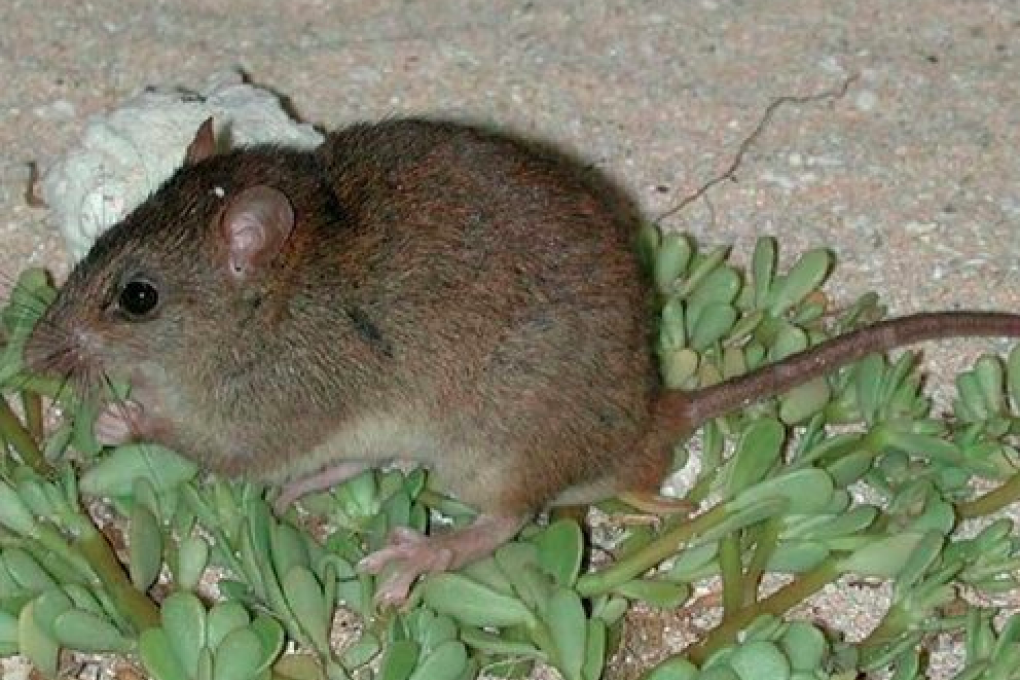Australian rodent first to go extinct because of climate change
Rising seawater is believed to have destroyed the Bramble Cay melomys' small habitat

Rising sea levels appear to have wiped out a rodent species living on an island in the Great Barrier Reef. This is the first documented case of a mammal species going extinct due to manmade climate change.
The mammal, called the Bramble Cay melomys, was a long-tailed, whiskered critter, with reddish-brown fur that was about the same size as a small rat. It was considered the only mammal endemic — or native — to the Great Barrier Reef, living on a tiny island in the northeast Torres Strait between Queensland, Australia and the southern shores of Papua New Guinea.
While melomys had been abundant on the island in the 1970s, their populations had dwindled rapidly since over the last few decades, leading them to being listed as endangered. They were last spotted on the island in 2009.
From August to September 2014, scientists conducted a thorough survey effort of the island, using traps, cameras and daytime searches to try to spot and count the species — all to no avail — leading them to conclude that it had likely gone extinct.
“The assertion that Australia has lost another mammal species can be made with considerable confidence,” they wrote in their report to Queensland’s government. And anthropogenic (human-induced) climate change was blamed for the extinction.
“The key factor responsible for the death of the Bramble Cay melomys is almost certainly high tides and surging seawater, which has traveled inland across the island,” Luke Leung, study co-author and scientist at the University of Queensland told The New York Times.